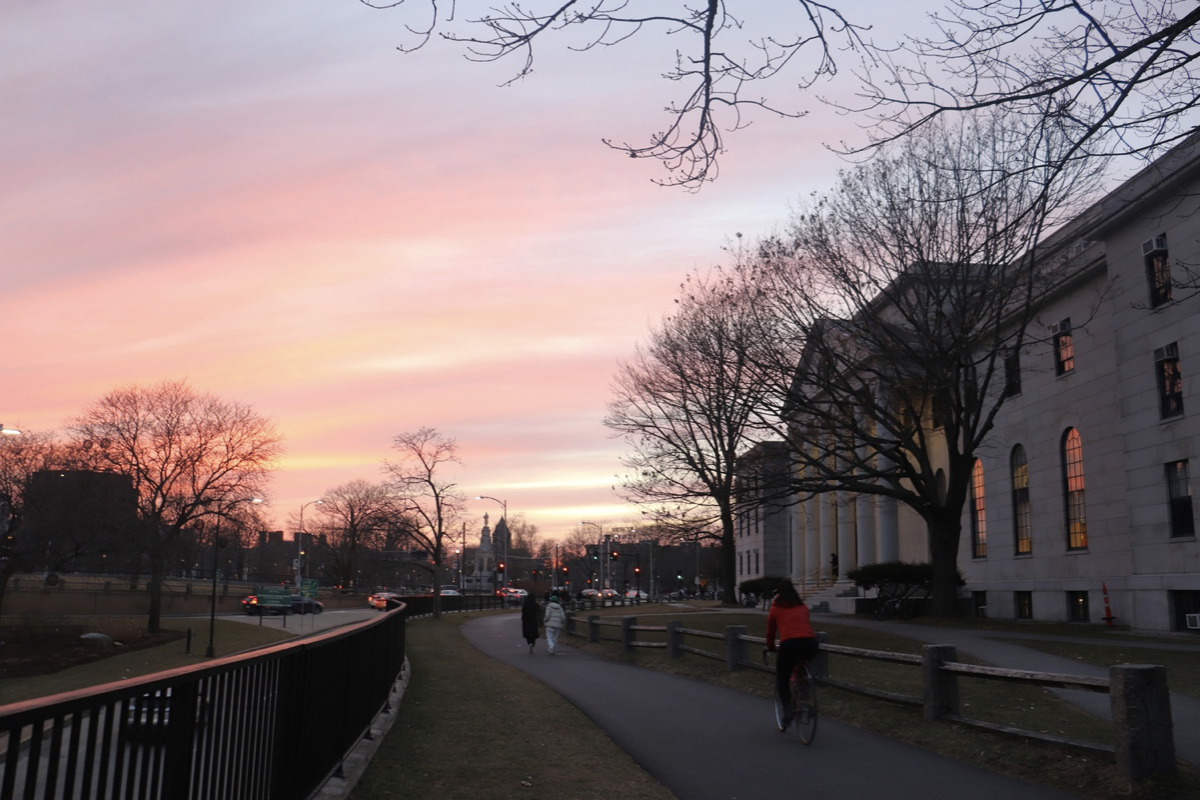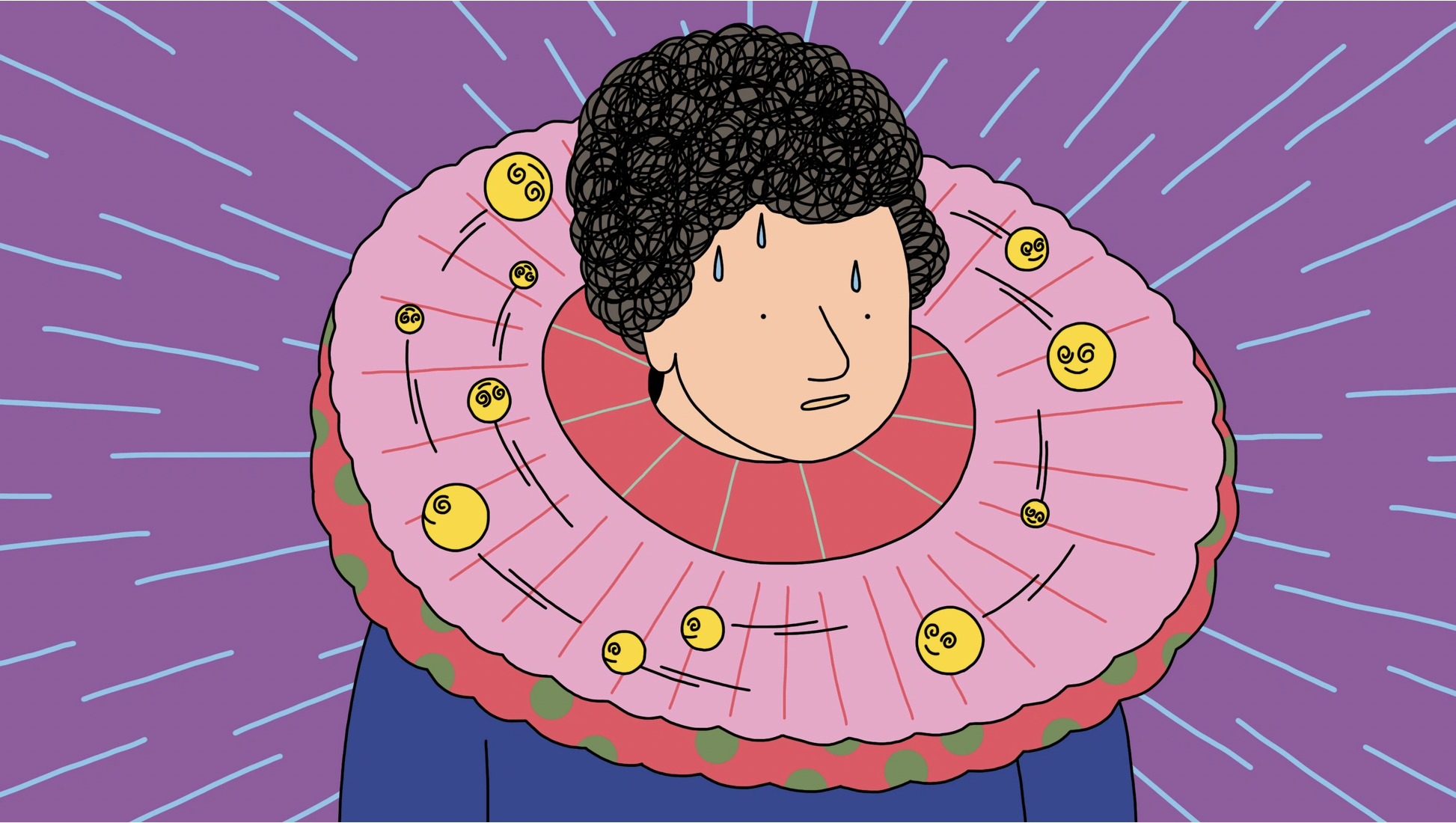
News
SUBSCRIBE
Subscribe to Arthur's Happiness Updates

How to Be Less Busy and More Happy
If you feel too rushed even to read this, then your life could use a change.

If you feel too rushed even to read this, then your life could use a change.